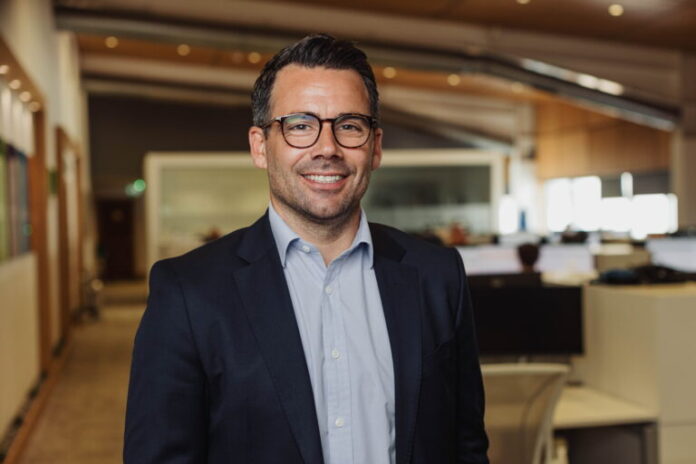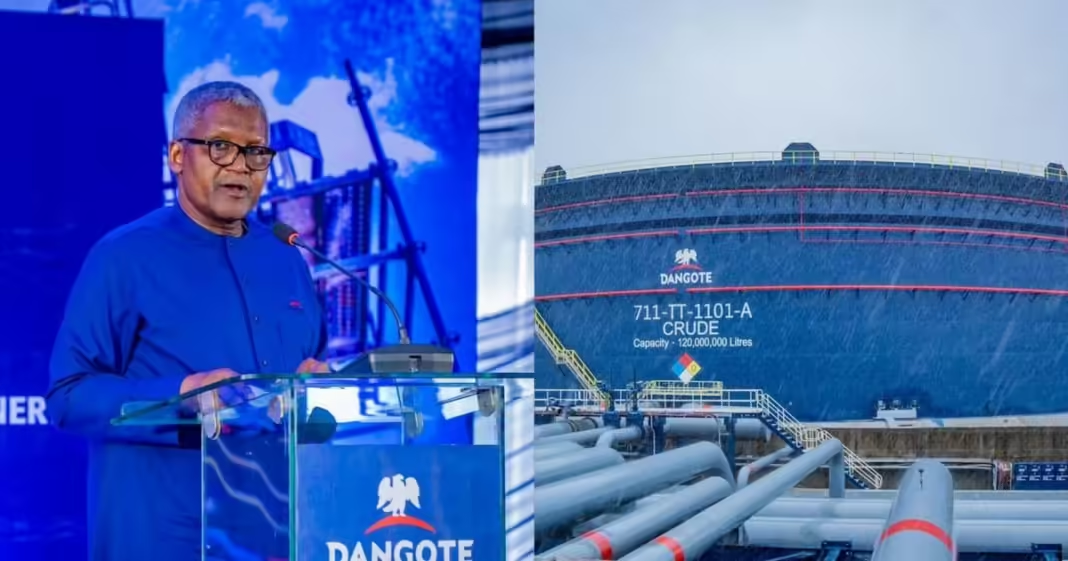Have you heard of padel? If not, you will soon: it is the fastest-growing sport in the world. It looks a lot like tennis but played on a smaller, walled-in court and with stringless racquets.
Though very different, it obviously borrows a lot from tennis – maybe even some of its players. Yet the growth of padel is not the death of tennis. The two sports are not in competition, but partnership.
The strengths of each sport bolster the other, here lazy zero-sum thinking has not found a foothold. I cannot help but wonder: why can’t we do the same for the UK energy sector?
Radically new and different…
Oil and gas, like tennis, is no longer the only game in town. Fixed-base offshore wind is maturing, floating turbines are on their way, and offshore wave, tidal, hydrogen, and carbon capture and storage (CCS) projects are emerging just beyond the horizon. This is just offshore – a whole new generation of wind, hydrogen, and transmission and distribution projects are in the works onshore.
The geography of UK energy is also shifting. The traditional heartlands of Northeast England and Scotland remain strong, but the distributed nature of new energy sourcing is dispersing projects and stretching the supply chain across the country. From Hynet in Liverpool Bay to turbine assembly at Avonmouth, you can now point to innovative UK energy projects at all points of the compass.
… yet fundamentally the same
What has really changed? The UK is showcasing some of the world’s leading energy engineering – as it has been doing for decades. Great Britain is pioneering new approaches and deploying new technologies for ambitious projects – the same practice that has been in place for decades. The United Kingdom is leaning on one of the world’s most experienced energy workforces as the backbone of its economy – just like it did over previous decades.
As with padel and tennis, we have two games at play that are radically different in many ways, yet fundamentally the same – industries that share similar skill sets and many of the same players, both companies and individuals.
Yet unlike our sporting analogy, the new and old worlds of energy are too often positioned in opposition. The success of one, the zero-sum thinking goes, is the failure of the other. Of course, many have touted the potential to transfer technology, equipment, and talent, but too often we see ourselves belonging to one world and not the other, to the detriment of all.
The ball’s in our court
What can we do to change that dynamic and truly move forward a ‘UK Energy PLC’? I have five suggestions:
- Invest in agility
Companies that want to survive and thrive need to be ready to pivot to next-gen energy sources as the dynamic evolves. Crucially, this is not a switch from X to Y – it is a shift to X and Y. We need a supply chain equipped to serve all subsectors.
Equally, the shifting geography presents challenges for less nimble suppliers. Previously, it was relatively easy to co-locate with your customer base in one or two concentrated regional hubs. Now an Aberdonian company must be ready to deploy in Cornwall or an East Anglian one to the Shetland Islands. That presents concrete logistical challenges as well as attitudinal ones.
Just as padel players must adjust to new angles as the ball ricochets from the court walls, we need to be agile enough to react to whatever comes our way, turning obstacles into opportunities.
- Tech, tech, tech
The UK is full of excellent engineers. These are natural, creative problem solvers. If we support them properly, from education through to the workplace, they do amazing things. Sometimes that means new technologies, but it very often means iterating the way we apply, combine and deploy existing technologies to create a more agile energy sector.
For example, through modularisation and a focus on off-site serial manufacturing methods, we can de-risk and lower costs of onshore and offshore energy projects, learning how to assemble components like Lego bricks. This creates a supply chain equipped to redeploy effective approaches to different challenges.
- Practice more ‘wholesale thinking’
Agility and adaptability to changing market needs should not be confused with opportunism and short-term thinking. We need to keep an eye on the big picture, to practice more ‘wholesale’ and less ‘retail’ thinking.
Part of that is through engagement with energy industry associations, but business leaders need to up their game too. Supply chain companies, operators, developers, and policymakers will need more joined-up wholesale thinking.
- Prioritize people
North of the border, much has been made of the hollowing out of the North Sea economy and the effects on communities. ‘A Town Called Bruce‘ has made waves with its focus on real stories about the people working in the oil and gas industry, and elsewhere in the UK many communities still remember what happened in the wake of domestic coal mining’s demise.
The new government has made encouraging noises about a just transition and committed to headquartering Great British Energy in Aberdeen as a mark of that commitment. Ed Miliband has also confirmed work on a ‘skills passport’ to help transition oil and gas workers to renewables.
Yet, it is too early to say what impact these policies will have. In the meantime, we need to protect the high-quality jobs we have in oil and gas and simultaneously equip our people with the skills they need to future-proof their livelihoods.
- Create a stable operating environment
Change is inevitable – the energy transition is happening and it needs to, but at pace. At the same time, constant tumult and uncertainty help no one. We will see what is announced in the new government’s first budget, but few are betting on an oil-and-gas-friendly program.
The goalposts – or court lines – need to stop constantly shifting. A stable operating environment allows for forward planning and investment. Delivering that environment is the industry’s responsibility – that lies with the politicians – but we can and should advocate for it whenever possible.
Playing the long game
Like a tennis pro switching to padel, we need to adapt – but this is not about starting all over again. It is about changing how we play the game while deploying our skills, expertise, and technologies in new ways.
In the UK, we have a strong hydrocarbon-based energy system that ranks among the cleanest in the world. Very soon, we will have a multi-faceted, interconnected energy system that is even cleaner. We need to champion and protect both.
After all, many of those determining our future energy policy will probably play padel – and I am guessing they still play tennis too.
By Terry Allan, CEO of nexos
Allan, who spearheads the firm’s engineering, procurement, and construction efforts in the hydrocarbon and broader energy space, has a Bachelor’s Degree in Finance and Accounting and a Master of Business Administration from Robert Gordon University.
With extensive leadership experience spanning strategy, M&A, business development, and commercial activities under his belt, nexos’ CEO has held senior roles across a range of businesses in the energy industry. He served as the Aberdeen-based firm’s Deputy Managing Director before taking over the CEO role in June 2020.
Prior to joining the Scotland-based engineering, procurement, and construction (EPC) provider, Allan was Global Energy Group’s Corporate Development Director. He also previously worked as Amec Foster Wheeler’s Head of Strategy & Business Development and Head of Growth & Market Intelligence, among others.




